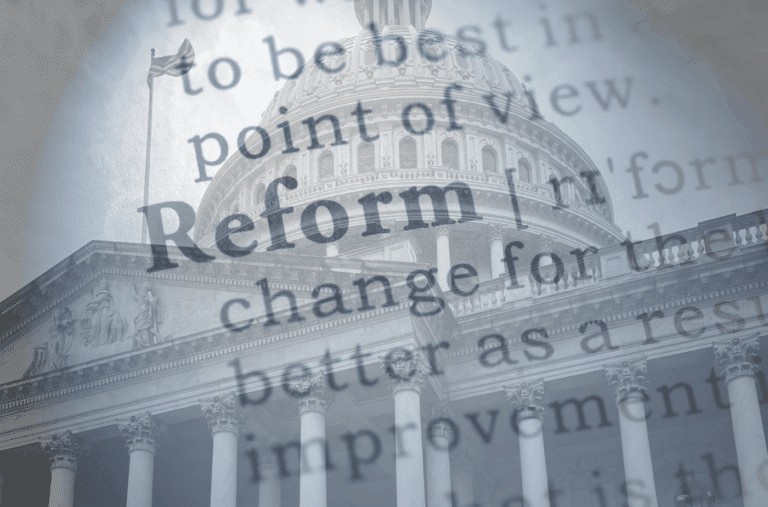By: Daniela Imig, Project Manager, equivant Pretrial
Pretrial detention has profound implications for communities, often extending far beyond the individuals incarcerated. As criminal justice practitioners and stakeholders, understanding these impacts is crucial for developing effective policies and interventions. Below are some of the ways pretrial detention impacts communities:
-
Exacerbating existing social inequalities:
Individuals unable to post bail often come from lower socioeconomic backgrounds, leading to a cycle of poverty that can affect families and communities. The loss of income due to incarceration contributes to financial instability, potentially resulting in housing insecurity and a rise in homelessness. This disruption can have generational effects, as children may be placed in unstable living situations or need to assume adult responsibilities prematurely.
-
Increased reliance on social services:
The psychological and economic toll on families left behind is significant. Emotional distress, anxiety, and stigma are common among family members, particularly children. The breakdown of family structures can lead to increased reliance on social services, further straining community resources.
-
Increased crime rates:
Communities also suffer from the ripple effects of increased crime rates associated with high levels of pretrial detention. When individuals are detained, particularly for minor offenses, the resulting disruption of community ties can lead to increased criminal behavior. This cycle perpetuates a punitive culture rather than fostering rehabilitation and support.
-
Additional burdens on local criminal justice systems:
Courts and jails face overcrowding, which can lead to inadequate access to mental health and addiction services. This lack of resources ultimately compromises public safety and community trust in the justice system.
It’s essential for stakeholders to recognize these consequences and advocate for reforms that prioritize community well-being. Alternatives to detention, such as pretrial services that focus on assessments and support, can mitigate these impacts. By investing in community-based programs, stakeholders can help reduce the reliance on pretrial detention and promote more equitable outcomes.
The impact of pretrial detention on communities can be detrimental. Criminal justice practitioners and stakeholders must work collaboratively to address these challenges by advocating for policies that promote equity, support families, and enhance community resilience. By shifting the focus from punishment to rehabilitation, we can foster healthier, safer communities for all. For more information about the effects of pretrial detention or how pretrial software solutions can help move justice-involved individuals through the process, please reach out.






